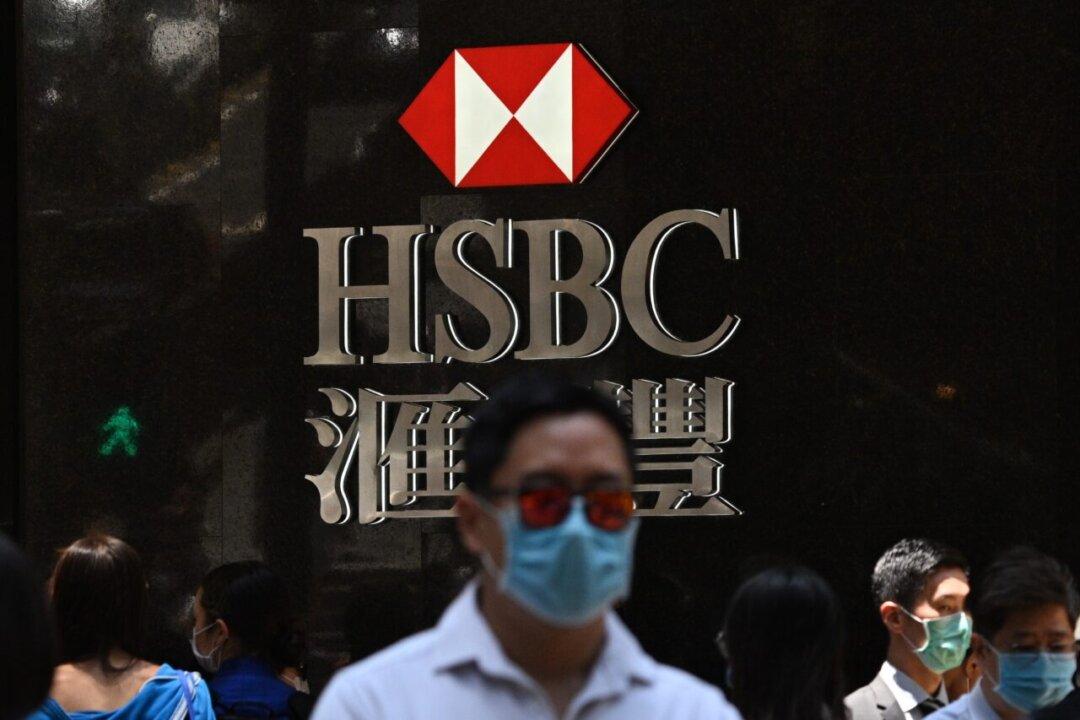Commentary
Multinational corporate executives are keenly watching HSBC’s increasingly perilous tight-rope dance. Goodness knows, they may be next in line to perform.

Multinational corporate executives are keenly watching HSBC’s increasingly perilous tight-rope dance. Goodness knows, they may be next in line to perform.